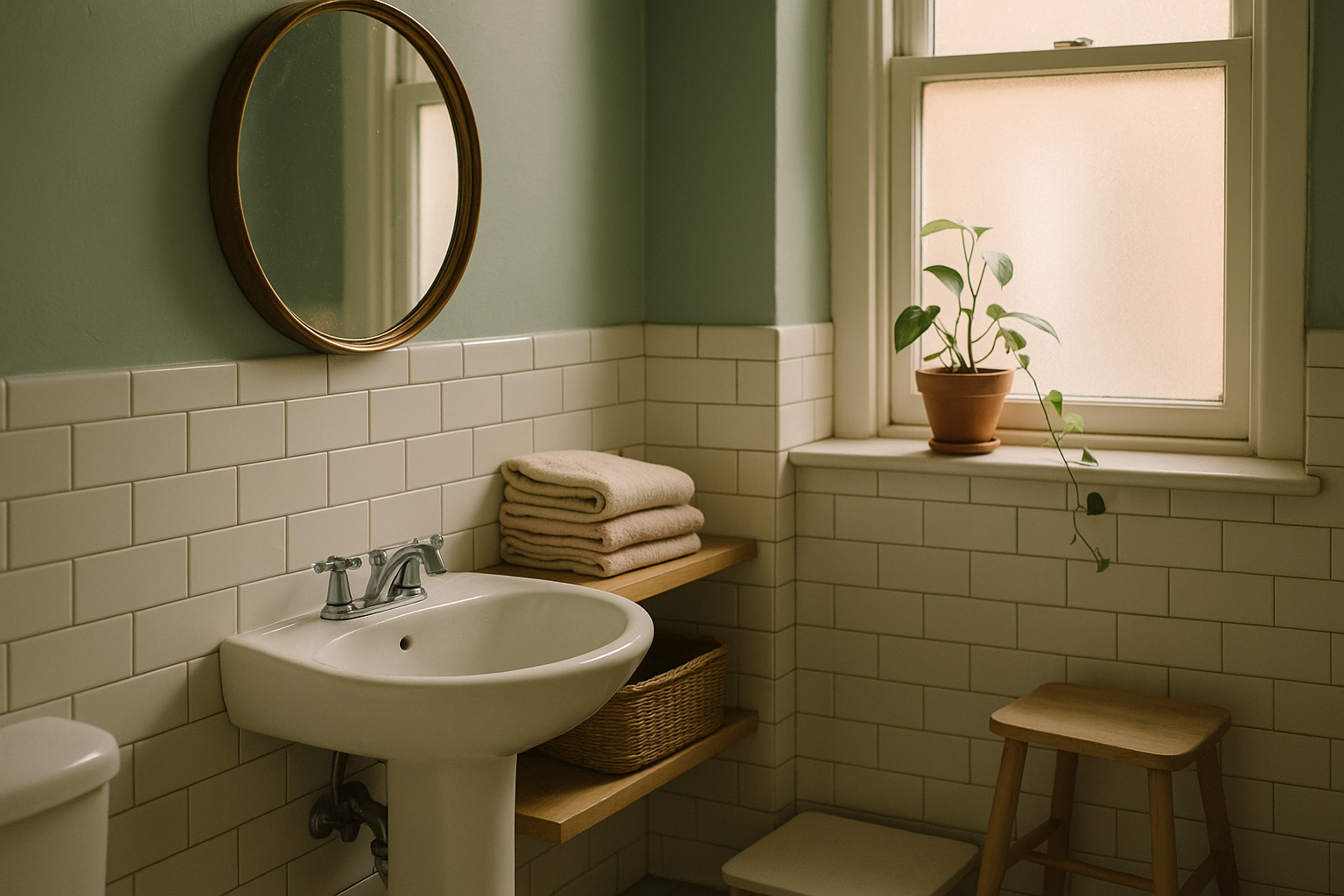
Therapy vs. Self-help: What’s Right for You?
Choosing between therapy and self-help can be a pivotal decision in one’s mental health journey, each offering distinct pathways to growth and understanding.
Understanding Therapy and Self-Help
Mental health is a crucial aspect of overall well-being, and understanding the differences between therapy and self-help can guide you towards the right support. Therapy involves working with a licensed professional to explore personal challenges, develop coping strategies, and gain insights into your thoughts and behaviors. Self-help, on the other hand, is a more independent approach, where individuals use resources like books, online courses, and support groups to address mental health issues on their own.
Therapy: Professional Guidance
Therapy is often recommended for individuals dealing with complex mental health issues. According to the American Psychological Association, therapy can lead to significant improvements in emotional and psychological well-being. Working with a therapist provides a safe space to explore emotions and receive personalized feedback. For example, individuals experiencing severe anxiety may benefit from Cognitive Behavioral Therapy (CBT), which is widely regarded for its effectiveness.
Self-Help: Empowering Independence
Self-help can be an empowering option for those who prefer a more autonomous journey. Resources like self-help books and online forums provide valuable insights and techniques that can be applied independently. A popular choice is practicing mindfulness meditation, which has been shown to reduce stress and improve mental clarity. A study published in the Journal of Happiness Studies found that regular mindfulness practice can enhance overall well-being.
Making the Right Choice
Determining whether therapy or self-help is right for you depends on various factors. Consider your current mental health status, personal preferences, and accessibility to resources. If you’re experiencing overwhelming emotions or have a mental health condition, therapy might offer the structured support you need. However, if you’re looking for ways to manage stress or improve personal growth, self-help could be a suitable starting point.
| Aspect | Therapy | Self-Help |
|---|---|---|
| Support Level | Professional Guidance | Independent |
| Cost | Varies | Generally Low |
| Flexibility | Scheduled Sessions | Self-paced |
| Customization | Tailored to Individual | General Resources |
| Effectiveness | Highly Effective for Complex Issues | Effective for Personal Growth |
| Privacy | Confidential | Variable |
| Accessibility | May Require Insurance | Widely Available |
| Interaction | Direct Interaction | Indirect or None |
FAQ
Can I combine therapy and self-help?
Yes, many individuals find a combination of both approaches beneficial. Therapy can provide professional insights while self-help can reinforce skills and strategies learned in sessions.
How do I know if I need therapy?
If you’re struggling to cope with daily life, experiencing persistent sadness, or facing a mental health disorder, therapy may be a valuable option to consider.
Conclusion: Taking the Next Step
Whether you choose therapy, self-help, or a combination of both, prioritizing your mental health is a commendable step towards personal growth. Reflect on your needs, explore available resources, and don’t hesitate to seek professional support if needed. Remember, the journey to mental well-being is personal, and finding the right path is key to achieving a balanced and fulfilling life.


